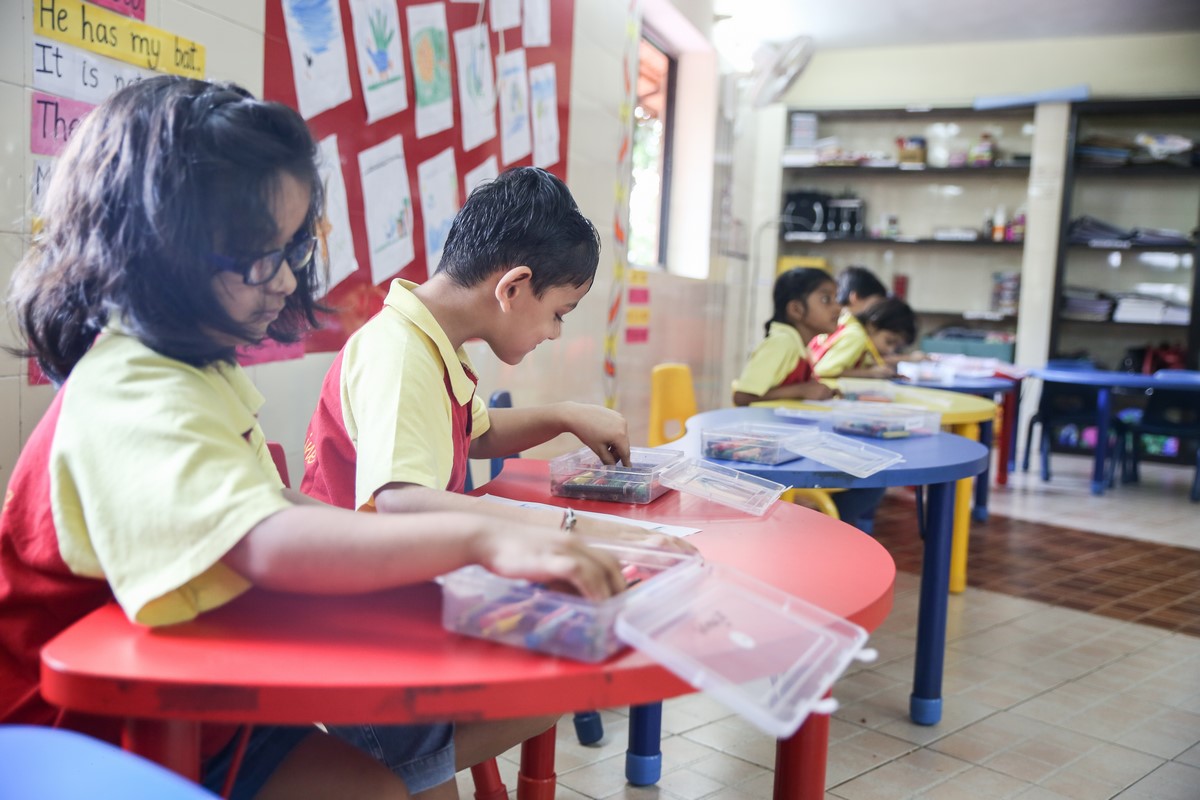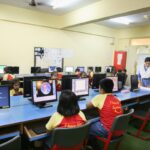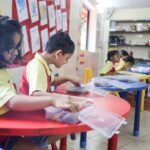Inclusive education is a teaching and learning way that aims to give equal opportunity to all students, regardless of their ability or background. The aim is to provide equal opportunity and quality education to all students in a responsive, accepting, and supportive environment. Inclusive Education also promotes diversity, fosters positive relationships, and removes barriers to learning.
Here are some of the main reasons why inclusive education is important:
Inclusive education focuses on equal opportunity for all children. It understands that every child has the right to education and the opportunity to learn with their peers. With proper guidance, inclusive education allows all children to take part in learning and reach their full potential.
Inclusive education can benefit a child’s academic and social-emotional development. Children with special needs can enjoy quality education, peer support, and inclusive learning. This could result in better academic performance, confidence, and better relationships with others. At the same time, children can be open to a wide range of backgrounds, learning styles, and ability to solve problems. Children gain empathy, respect, and social skills as they learn together, preparing them for the diverse society they will face.
Inclusive education benefits not only children with disabilities but also their developing peers. An inclusive classroom supports the holistic development of all children. It encourages diversity, empathy, teamwork, and acceptance, which creates a rich learning environment in which all children learn from one another, enhancing their personal growth. Inclusive education prepares children for life beyond the classroom. Children learn the skills and attitudes needed to live and work in a diverse society by experiencing inclusion at an early age.
Cooperation among educators, parents, and other professionals is important in implementing inclusive education. Inclusive education supports a holistic approach in which psychologists, special educators, speech therapists, and other professionals work together to develop individualized methods and plans for students with a variety of needs. When general education teachers and other professionals work together, they can align their teaching approaches and strategies and create balanced learning experiences for all students. This coordination ensures that students with disabilities receive what they need within the regular classroom environment and have equal access to the curriculum.
The collaboration includes parents, families, and the community along with educators and professionals. When parents take part in their child’s education, they can share information about their child’s strengths and needs. Community involvement also encourages a sense of belonging and support.
We at Sunshine Worldwide School believe that every individual is unique and has a distinct way of learning. We are a learner-centric school and believe that every child has strengths and weaknesses, and we guide them to work on their areas of improvement. By raising awareness about inclusive education, we can foster understanding, change attitudes and promote the implementation of inclusive practices in schools.
Remember, achieving inclusive education is an ongoing process that requires commitment, collaboration, and continuous improvement. We at Sunshine Worldwide School collaborate, respect, and celebrate all cultures and make real–life connections.





Leave a Reply